New York, Sept 30 (V7N) – Chief Adviser Professor Muhammad Yunus has cautioned that certain international actors are attempting to disrupt Bangladesh’s upcoming national election. Speaking at a meeting with a high-level delegation of human rights leaders led by Kerry Kennedy, President of Robert F. Kennedy Human Rights, Yunus said, “The next few months are crucial. There are forces that do not want the election to take place. We do not know on whose behalf they are working. Huge sums of money are being poured in, with beneficiaries both inside and outside the country. They are well organized – that is the most dangerous aspect.”
The meeting, held Monday at a New York hotel, was attended by global human rights and social justice advocates. Yunus emphasized the importance of ensuring that the February election is free, fair, and peaceful. “We want an election unlike any Bangladesh has ever seen,” he said. “For years, many people found their names on the voter list but were unable to cast their vote. This time, we aim to encourage women in particular to participate and celebrate their involvement. We will conduct a broad campaign to raise awareness about the voting process, with the goal of achieving the highest voter turnout in the nation’s history.”
He urged international human rights representatives to visit Bangladesh frequently, stressing, “Every time you visit, forgotten issues resurface and gain new attention. Ultimately, you are the voice of the people.”
The Chief Adviser briefed the delegation on election preparations, ongoing reforms, and steps to strengthen human rights protections. He noted that Bangladesh has invited the UN Office of the High Commissioner for Human Rights to investigate last year’s killings, a move that produced a significant report. “We have since initiated the process of forming a UN human rights mission, which marks an important advancement,” Yunus said.
He also confirmed that eleven commissions have been formed to oversee reforms in critical sectors. The National Consensus Commission is already reviewing proposals, with political parties engaged in the process. He expressed hope that the draft of key constitutional reforms outlined in the July Charter would be ready by October and signed by political parties.
Tasnim Zara, a leader of the National Citizens’ Party who attended the meeting, highlighted the role of youth, saying, “Young people in Bangladesh mobilized for structural reforms to ensure the nation never returns to the conditions that triggered the July uprising.”
John Sifton, Asia Director at Human Rights Watch, underscored the need for pressure on political parties. “They must be held accountable to carry the reform agenda forward even after parliament is formed,” he said.
Other participants included Catherine Cooper, attorney with Robert F. Kennedy Human Rights; Mandeep Tiwana, Secretary General of CIVICUS; Matthew Smith, CEO and founder of Fortify Rights; Sabhanaz Rashid Diya, Executive Director of Tech Global Institute; Carolyn Nash, Asia Director at Amnesty International; Mohammad Ashrafuzzaman, visiting international scholar at Ohio University; and Jescelina Rana, UN adviser with CIVICUS.
END/SMA/NY/AJ/



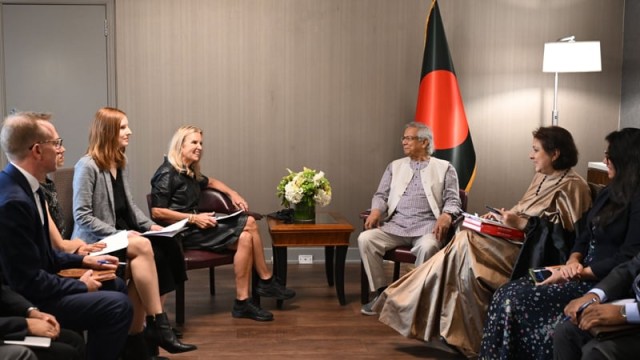
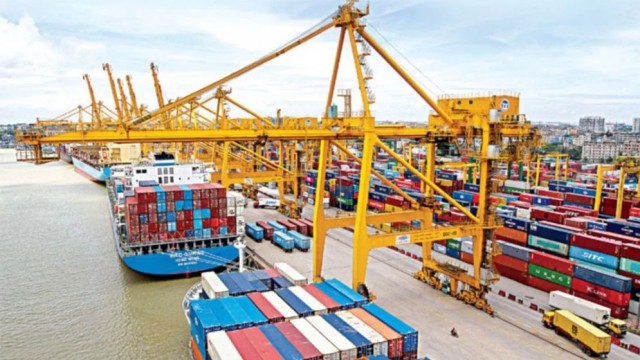
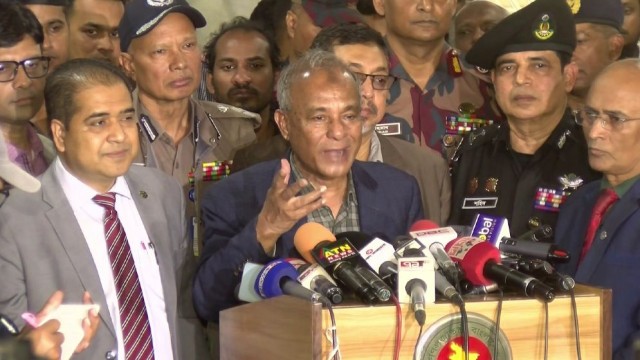
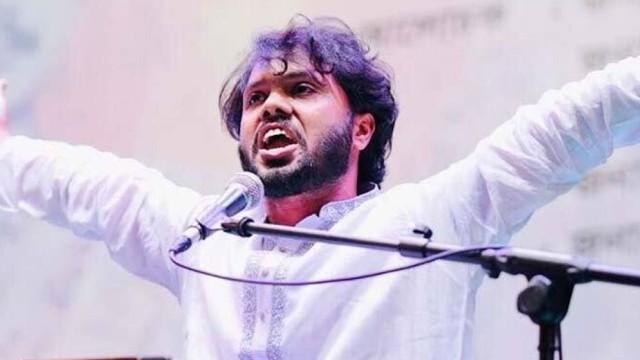
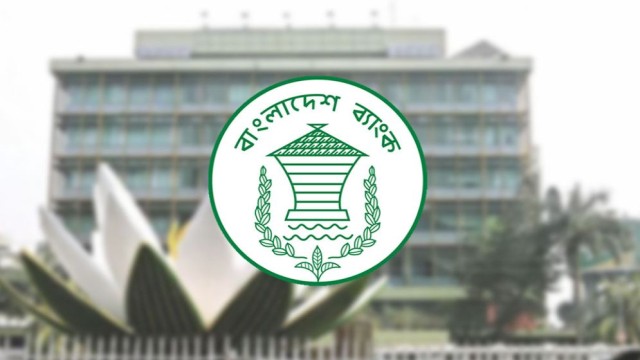
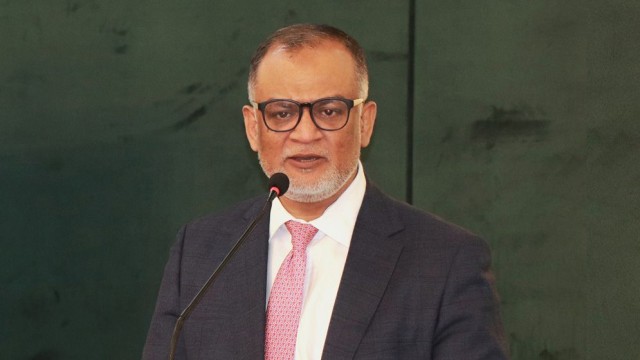
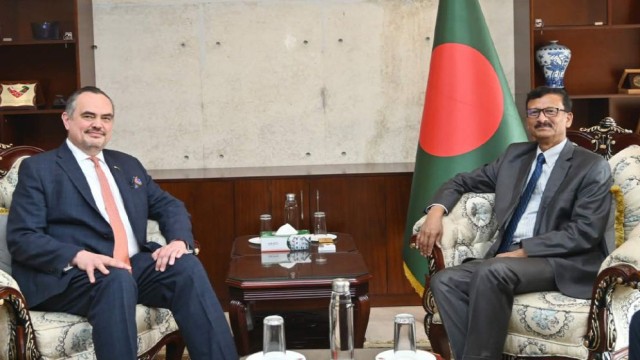
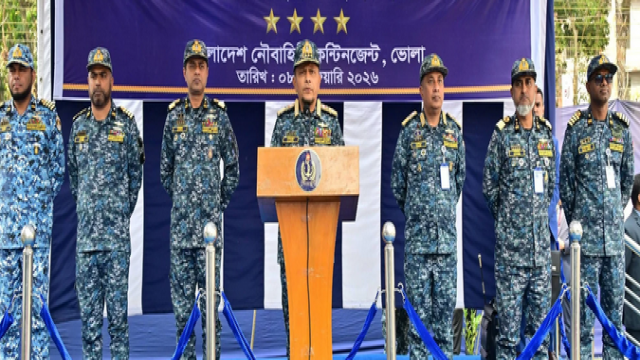


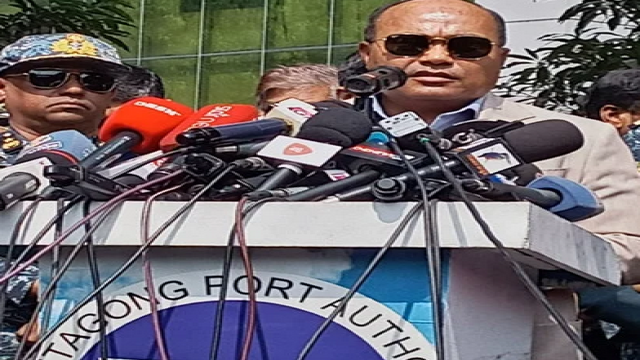
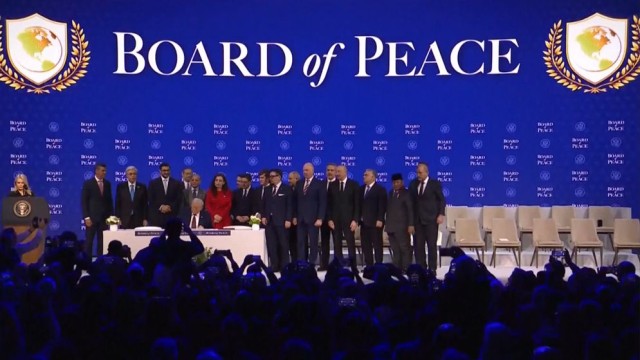
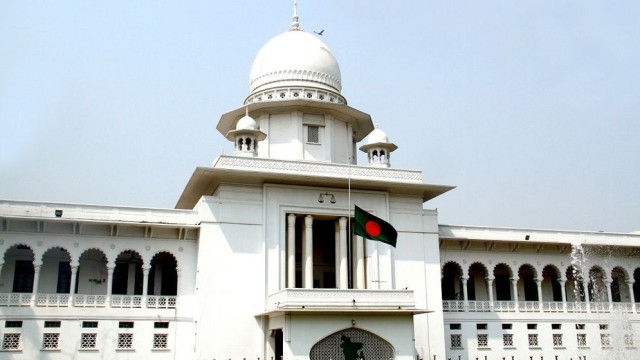
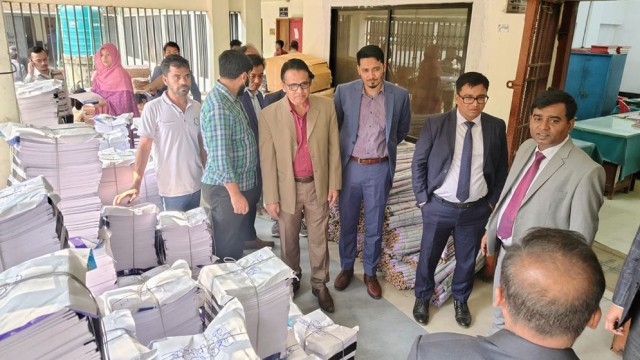










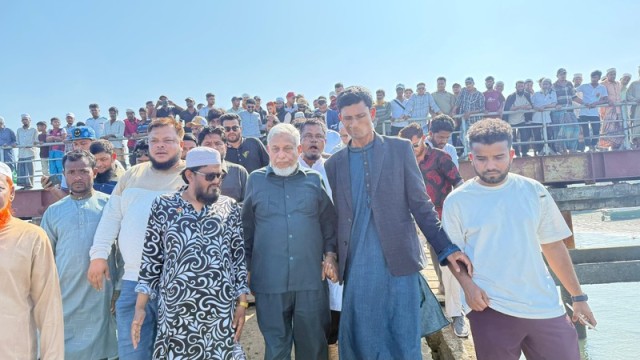
Comment: